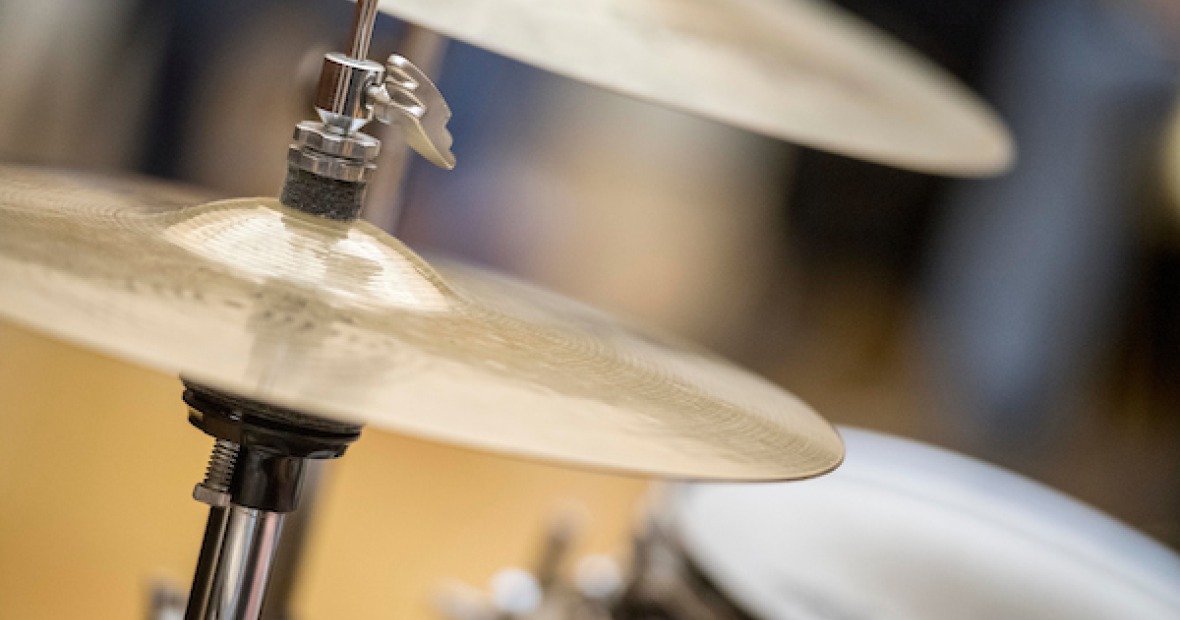Learning the Value of Music
Music has been a central part of social life for millennia. Its study can help us better understand the history, culture, identity, and experiences of diverse groups worldwide as much as ourselves. In Introduction to Music Studies (MUS 100), you will explore music and the ways it can shape our lives. You will expand your understanding of music’s importance in our society as a formative component of history, culture, identity, and creativity, while learning some basic skills that can help you become more creative, skilled, and equitable musicians yourselves.
Besides serving as a broad introduction to many different styles and genres of music, MUS 100 is a stepping stone to a range of offerings in the department of Music (including music theory, musicology, ethnomusicology, composition, performance, and jazz studies), according to Associate Professor Tony Perman. One purpose of this class is to meet and enhance students’ different abilities and levels of experience — a challenge the music faculty gladly accepts.
In this exciting and rewarding course, you will learn from different perspectives by putting diversity, equity, and inclusion at the center of musical inquiry. You will contextualize the content and examine how music moves people, creates meaning, forms knowledge, and creatively shapes social life.
Music is an essential component of human life. Using examples from multiple styles, time periods, and geographic origins, you will learn to engage with the sonic dimensions of music through live performance, recordings, and written forms. You will consider how different modes of writing and thinking about music, both inside and outside of the academy, intersect with different modes of making music, whether through collaborative performance, improvisation, composition, or amateur music-making. Beyond developing skills of critical listening, thinking, and writing, you will learn and reinforce the skills necessary to continue your studies in music. We hope you will be inspired to further explore this rich area of study as part of your liberal arts education.

